
Module 2:
Who They Target
Big Tobacco & the African American/Black Community
“We don’t smoke that s_ _ _ _. We just sell it. We reserve the right to smoke for the young, the poor, the black and stupid.”
- R.J. Reynolds Tobacco Company Executive
The tobacco industry has purposely targeted the Black community with advertisements and cheaper menthol cigarettes since the 1950’s. Decades of tobacco industry research shows that most African American smokers prefer menthol cigarettes and companies exploit this preference in their marketing efforts.
Brands like Newport, Kool, and Salem were heavily promoted through newspapers, magazines, and billboards in neighborhoods with predominantly Black families. These neighborhoods tend to have more stores that sell tobacco, feature discounts and menthol advertising.
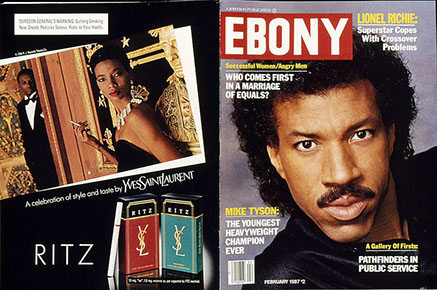
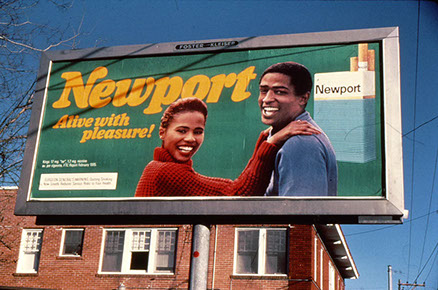
Tobacco companies used cultural icons, imagery, and messaging that would resonate with the Black community. They associated smoking menthol cigarettes with notions of freedom, empowerment, and cultural identity, which made smoking seem like a way to connect with one’s heritage and community.
In the 1970’s and 1980’s, companies sponsored cultural events, music festivals, even civil rights organizations. Menthol campaigns featured Black models or hip-hop icons. By aligning themselves with these activities, companies tried to create a positive association between their brands and the community.
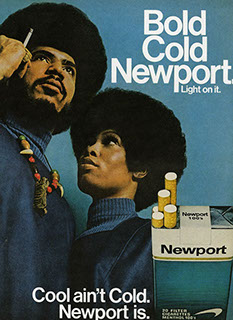
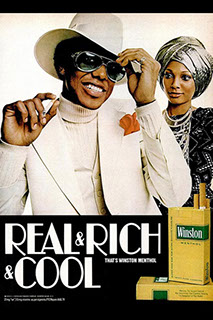
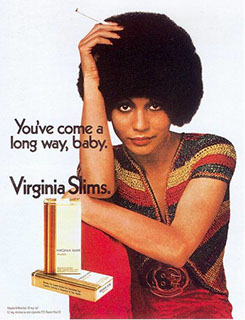
Watch our interview with Dr. Phillip Gardiner, a long-time public health activist dedicated to holding the tobacco industry accountable for their predatory tactics on the Black community.
Interested in learning more?
Watch “Black Lives/Black Lungs” a documentary by former Truth Initiative Youth Activism Fellow Lincoln Mondy that explores the strategic infiltration of menthol tobacco products into the Black community.
Watch a news clip from the 1990’s that shows people handing out free menthol cigarettes in front of an apartment complex in Baltimore, Maryland. The people passing out the cigarettes were paid by tobacco company R.J. Reynolds.
What’s happening today?
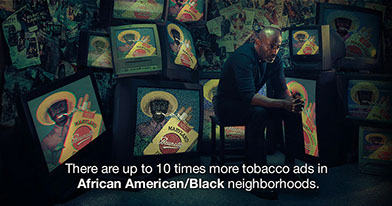
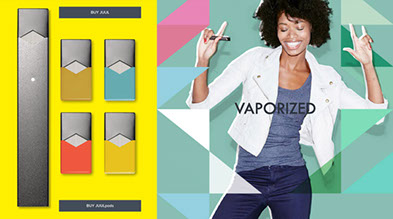
Things aren’t too different in the 21st century. Newport is the #1 brand among African Americans and almost 95% of Black youth who smoke, smoke menthols. Stores located near schools with more Black students are more likely to promote menthol cigarettes through advertising and discounts. In fact, 7 out of 10 African American middle and high school students smoke menthol cigarettes compared to 5 out of 10 Caucasian students. As the population of Black youth rises, the price of Newport cigarettes decreases and promotions increase.
Targeted marketing exists even with e-cigarettes. Top e-cigarette JUUL, now owned by Altria, followed Big Tobacco’s footsteps by funding an after-school program which gave them access to Black youth. JUUL programs targeted children as young as those in third grade by funding summer camps, visiting schools and paying community and church groups to share their materials.
To learn more about how JUUL infiltrated schools, watch the Congressional hearing here.
Sources for this section include The Campaign for Tobacco-Free Kids, The Centers for Disease Control & Prevention, and the Truth Initiative.
Training Module
Modules
Home
Phone
512.245.8082
Mailing Address
Texas School Safety Center
ATTN: Say What Program
Texas State University
601 University Drive
San Marcos, TX 78666

Say What! was created and designed by young people from across Texas and connects students interested in eliminating tobacco from their schools and communities. The Say What! movement is funded by the Texas Department of State Health Services through a contract with the Texas School Safety Center at Texas State University.





